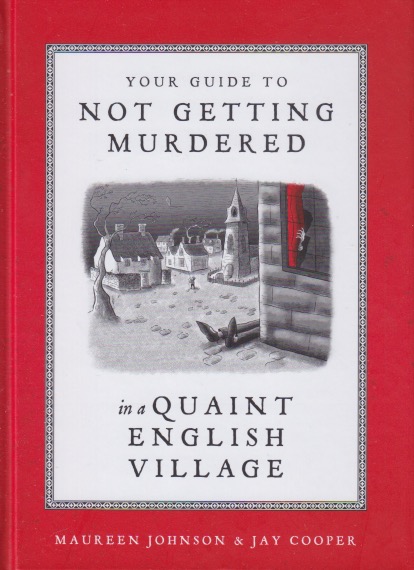Our staycation at the Red Caboose in Ronks brought to mind the Weird Al Yankovic parody of “Amish Paradise.” Bored-looking tourists in Lancaster County can’t find anything to do. While it may be true that many big city entertainments are lacking, we had no trouble filling up a day. We discovered the little town of Lititz. Just north of the city of Lancaster, it retains several buildings from the eighteenth century along its main street, and the same quaint, boutique feel of Lancaster itself continues. I have to admire the creativity of shop owners who have to appeal to the varied tastes of the tourist crowd. Of course there was a bookstore—there are several in this area—and we long ago discovered the dual value of books as souvenirs.
The reason we were in Lititz, however, was the pretzels. The Julius Sturgis Pretzel House makes the claim of being the oldest commercial pretzel bakery in North America. Built in 1784, this is one of the early buildings still standing, and they offer brief tours where you’re taught to roll and knot a pretzel. Pretzels are, of course, a European invention. Since they were an avocation of monks, their shapes became imbued with religious symbolism. The initial U shape was, like a gothic spire, intended to point thoughts upward, toward God. As I learned, the twist (which was an indication of a handmade pretzel) was symbolic of marriage and “tying the knot.” This leaves a fish-like shape, and the Icthys moniker for Jesus would’ve been known to monks. The folding the knot onto the outer loop symbolizes the arms across the chest used in Catholic prayer as a way of embracing the cross. The resulting twisted breadstick has three holes for the Trinity.
The real innovation in Lititz, however, was the hard pretzel. If I heard correctly, Julius Sturgis was working at a pretzel bakery in town where he had the duty of cleaning out the ovens. The hard bits could be used for animal food, but they gave Sturgis the idea of intentionally baking hard pretzels. This is the most common commercial form sold today, but southeastern Pennsylvania, which produces eighty percent of the pretzels sold in the United States, is still a soft pretzel paradise. Radiating out from Philadelphia to locations like Lancaster, Reading, and Allentown, pretzels are eaten more frequently in Pennsylvania than elsewhere. The religious aspect of pilgrimage still exists for those who venture to Lititz to find the birthplace of the hard pretzel, and the opportunity to stick your fingers in the dough.


